5 reasons to see a cardiologist
High cholesterol? Family history of heart disease? It might be time to consider a specialist.
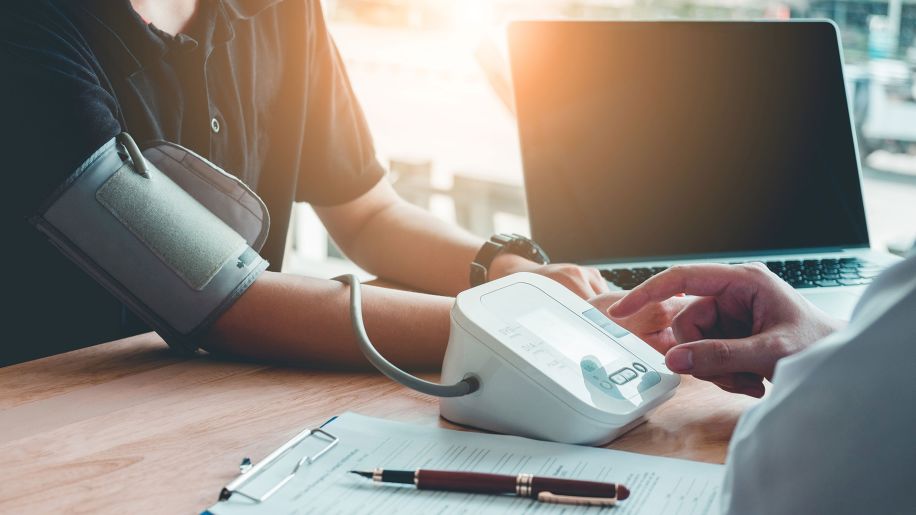
Heart disease is the number one killer of men and women in the United States. In fact, one out of four Americans die from heart disease and about half of us have one or more of the top three heart disease risk factors: high blood pressure, high LDL (“bad”) cholesterol and a history of smoking.
Your primary care physician (PCP) looks out for your overall health and can… Show More
Heart disease is the number one killer of men and women in the United States. In fact, one out of four Americans die from heart disease and about half of us have one or more of the top three heart disease risk factors: high blood pressure, high LDL (“bad”) cholesterol and a history of smoking.
Your primary care physician (PCP) looks out for your overall health and can help you prevent heart disease. However, there are times your PCP may refer you to a cardiologist, a physician with expertise in diseases related to the heart and blood vessels, for help in diagnosing or treating heart conditions.
Here are a few of the reasons your doctor might recommend adding a cardiologist to your healthcare team.
Medically reviewed in July 2018.
Show Less
You have symptoms that might indicate a heart problem
Heart palpitations, pain in the chest, shortness of breath, dizziness or even blacking out may signal a cardiovascular issue, says Roger Shammas, MD, a cardiologist at Mercy Health in Grand Rapids, Michigan. For example, angina causes chest discomfort or pain because blood flow to the heart is… Show More
Heart palpitations, pain in the chest, shortness of breath, dizziness or even blacking out may signal a cardiovascular issue, says Roger Shammas, MD, a cardiologist at Mercy Health in Grand Rapids, Michigan. For example, angina causes chest discomfort or pain because blood flow to the heart is restricted, usually due to the buildup of plaque on your artery walls. A cardiologist will perform tests to determine the cause of your symptoms and then treat your condition once it’s diagnosed.
Please note, however: chest pain, shortness of breath and lightheadedness may be signs of a heart attack. They can come on slowly or suddenly, and may be accompanied by other, unexplained symptoms. A heart attack is a life-threatening event and time is of the essence in preventing long-term damage to your heart, so be sure to call 911 if you think you’re having one.
Show Less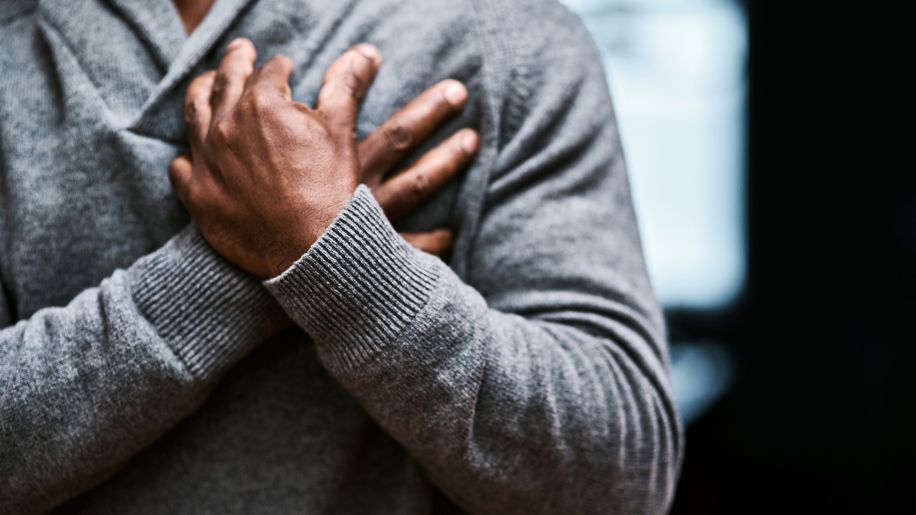
You’ve experienced a heart event
People who’ve had a heart attack are at greater risk of having another heart attack. If you’ve already had one, have developed heart failure or have a different heart problem, you’ll need the expertise of a cardiologist who can treat you and help you prevent further problems. The American College… Show More
People who’ve had a heart attack are at greater risk of having another heart attack. If you’ve already had one, have developed heart failure or have a different heart problem, you’ll need the expertise of a cardiologist who can treat you and help you prevent further problems. The American College of Cardiology provides helpful lists of questions to ask your cardiologist about the most common heart issues, such as:
- Should I go to cardiac rehab?
- How likely is it that I’ll have another cardiac event?
- Should I be taking a daily aspirin? What other medications should I take?
It may be a good idea to bring a friend or loved one along to your appointment, so they can help you remember the answers and any other important information your cardiologist discusses with you.
Show Less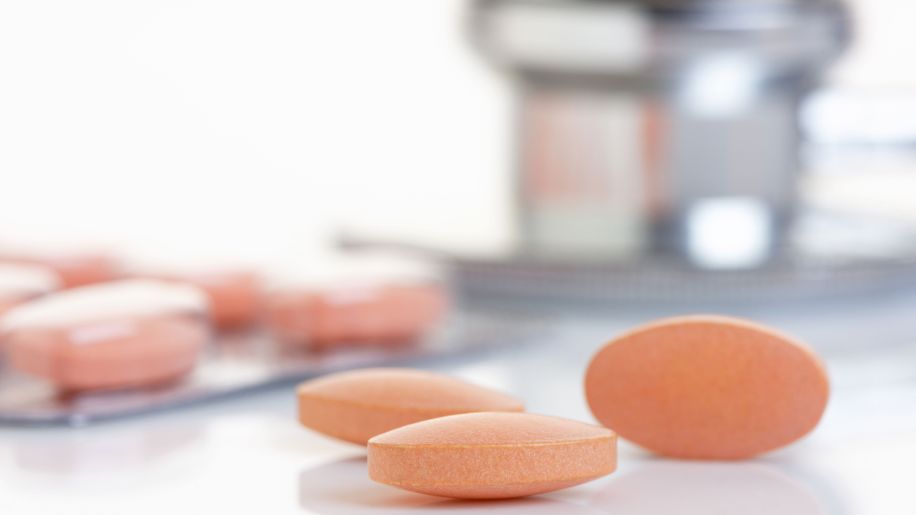
You have hard-to-manage risk factors
Most PCPs can help you manage heart disease risk factors like high blood pressure, says Dr. Shammas. However, if you have diabetes or difficult-to-control blood pressure or cholesterol—or a combination of risk factors—your physician may ask a cardiologist or endocrinologist to step in.
For example,… Show More
Most PCPs can help you manage heart disease risk factors like high blood pressure, says Dr. Shammas. However, if you have diabetes or difficult-to-control blood pressure or cholesterol—or a combination of risk factors—your physician may ask a cardiologist or endocrinologist to step in.
For example, high cholesterol is actually one of the biggest risk factors for heart disease. And, some cholesterol-related disorders are caused by genetic factors and cannot be controlled with diet or other lifestyle changes, which means you may need specialized medical care from a cardiologist.
Show Less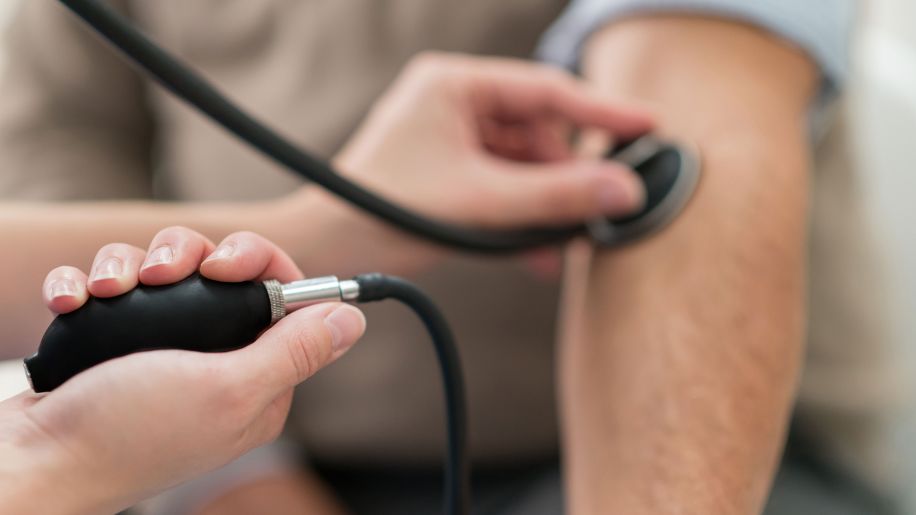
You have a family history of heart disease
If someone in your family had heart disease, you could be at an increased risk. In fact, a 2014 study published in Conditioning Medicine found that among the 2,302 participants, those whose father had heart disease were 75 percent more likely to have heart disease themselves; people whose mother… Show More
If someone in your family had heart disease, you could be at an increased risk. In fact, a 2014 study published in Conditioning Medicine found that among the 2,302 participants, those whose father had heart disease were 75 percent more likely to have heart disease themselves; people whose mother had premature heart disease were 60 percent more likely. Patients who had siblings with heart disease also had an increased risk of 40 percent.
Your family doctor may recommend you see a cardiologist for a stress test or other tests to screen for coronary heart disease, says Shammas.
Show Less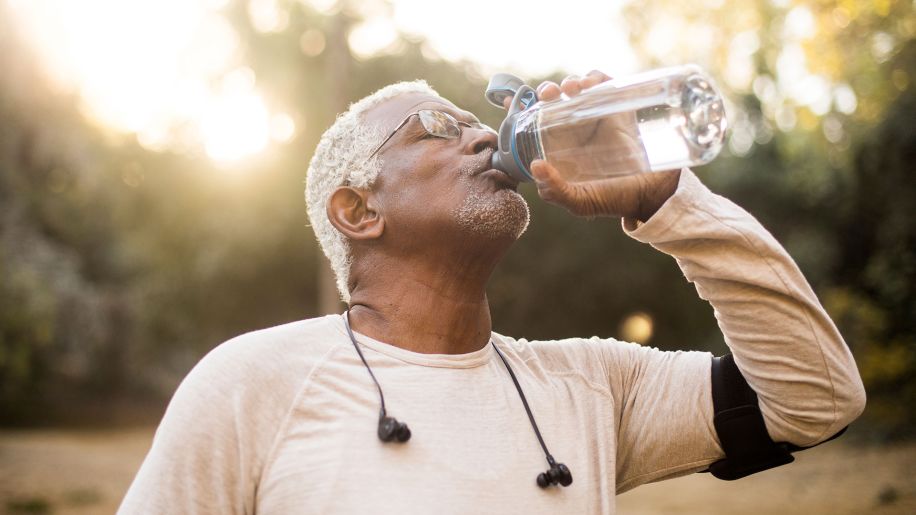
You’re starting a new exercise program
If you’re over 40 and starting an exercise program for the first time, good for you. Regular physical activity is one of the best things you can do for your heart.
However, it’s a good idea to talk to your PCP before you begin. Depending on your medical history and risk factors for heart disease,… Show More
If you’re over 40 and starting an exercise program for the first time, good for you. Regular physical activity is one of the best things you can do for your heart.
However, it’s a good idea to talk to your PCP before you begin. Depending on your medical history and risk factors for heart disease, your physician may refer you to a cardiologist for a stress test to make sure exercise is safe.
Show Less
How to prevent heart disease
You can lower your risk for heart disease by eating a heart-healthy diet, getting regular physical activity, maintaining a healthy weight and not smoking. It’s also important to track key indicators of heart health. The American Heart Association recommends adults try to keep the following numbers… Show More
You can lower your risk for heart disease by eating a heart-healthy diet, getting regular physical activity, maintaining a healthy weight and not smoking. It’s also important to track key indicators of heart health. The American Heart Association recommends adults try to keep the following numbers in the normal range, which may differ depending upon your individual risk factors. If any of your numbers are too high, talk to your doctor about how you can lower your risk for heart disease.
- Blood pressure
- Cholesterol and triglyceride levels
- Body mass index
- Fasting blood sugar
- Waist circumference
Remember: though heart disease is the leading cause of death, it is highly preventable. Work with your regular physician and, if needed, a cardiologist to keep your heart healthy—and avoid a life-threatening heart problem. Use the Find a Doctor tool on Sharecare, a free phone application for iOS and Android, to find a cardiologist in your area.
Show LessFeatured Content
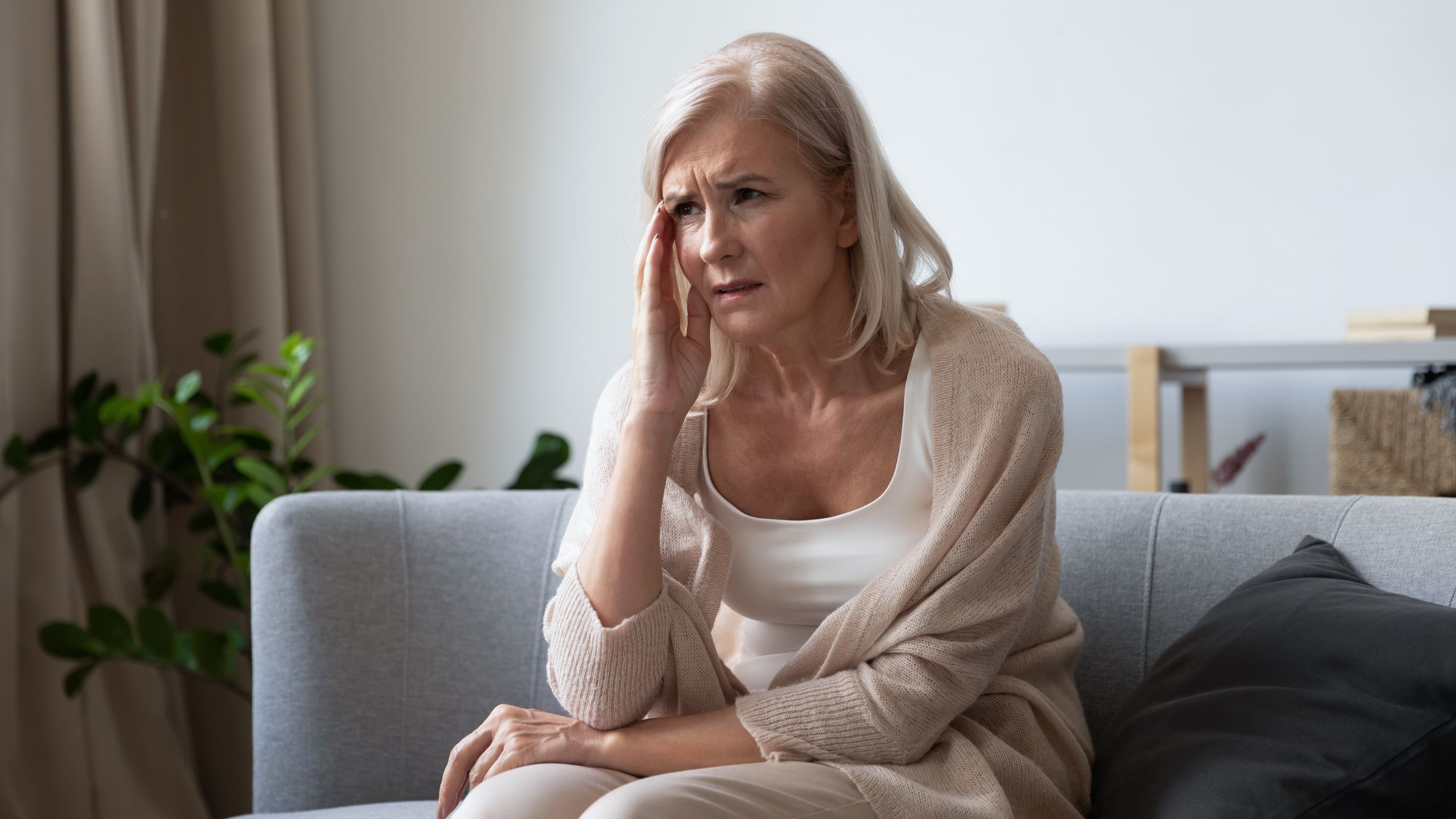
article
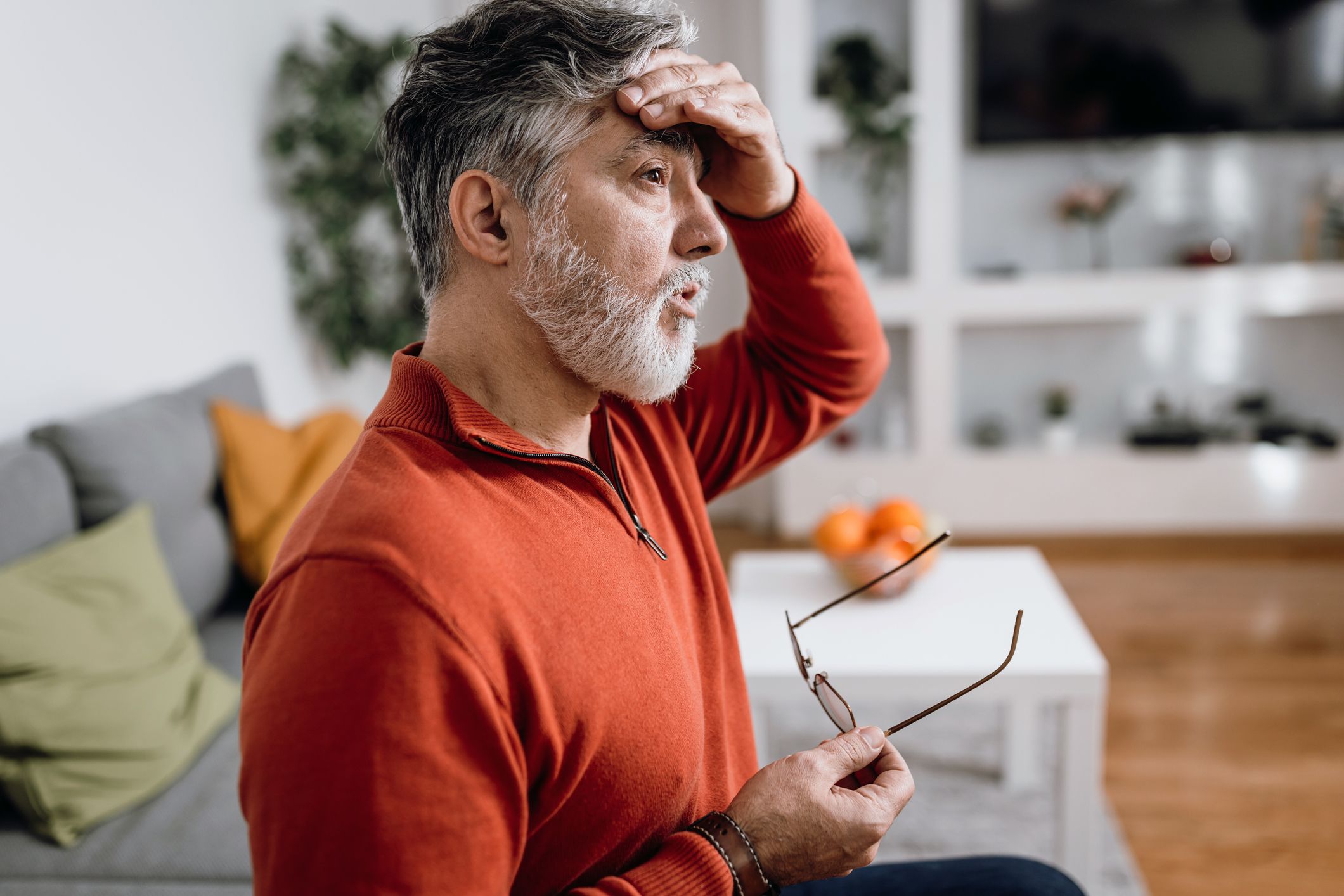
article
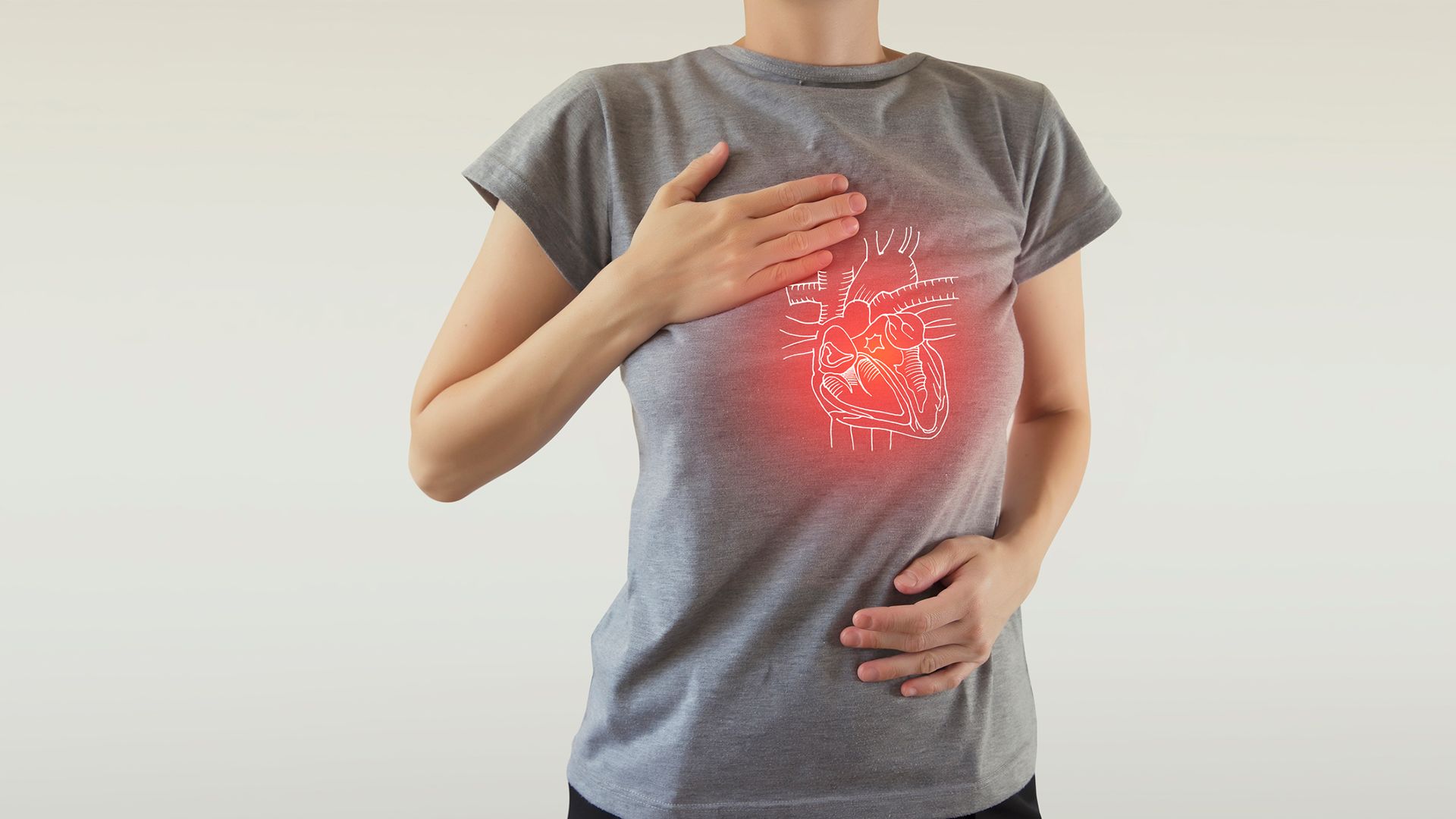
article
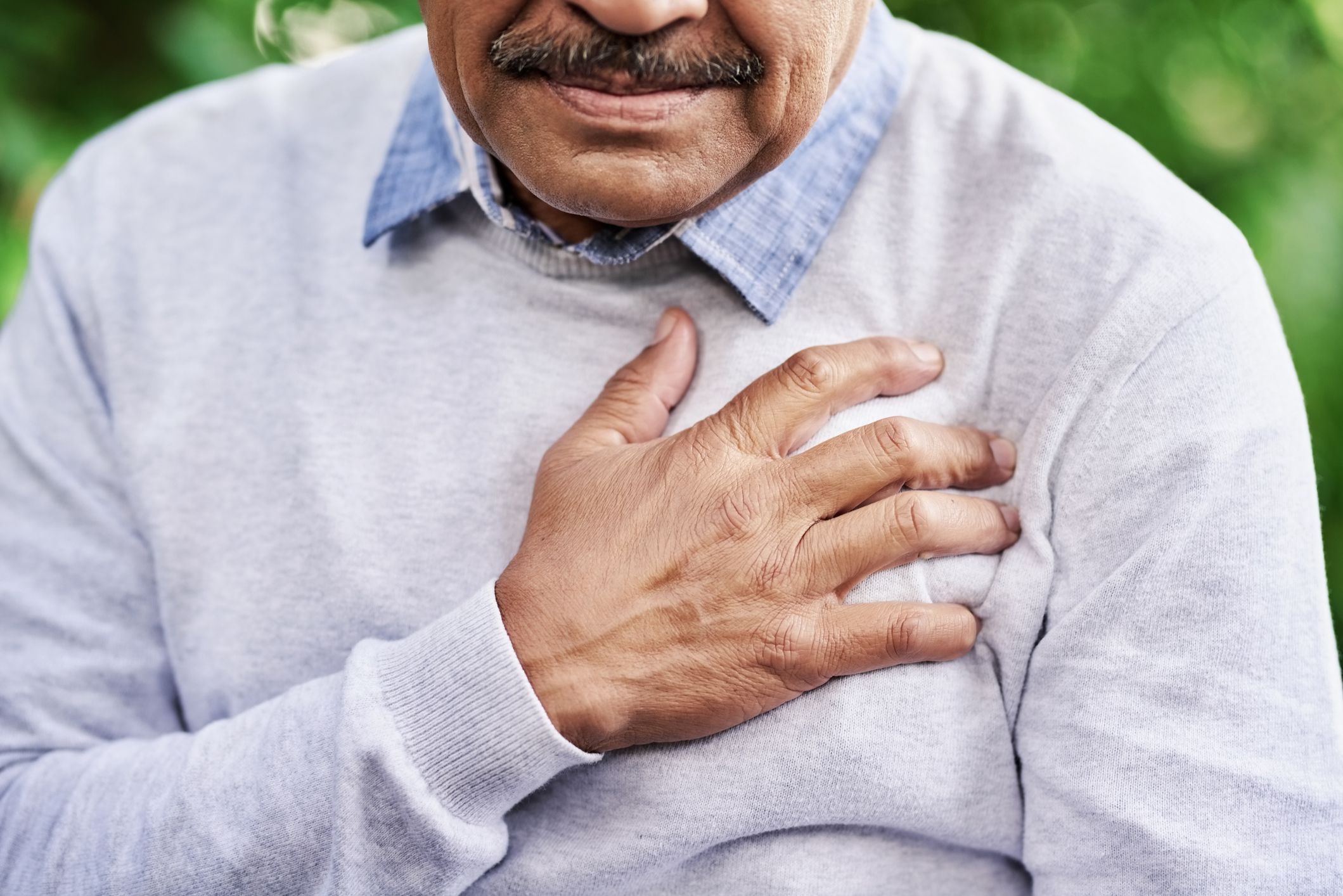
article
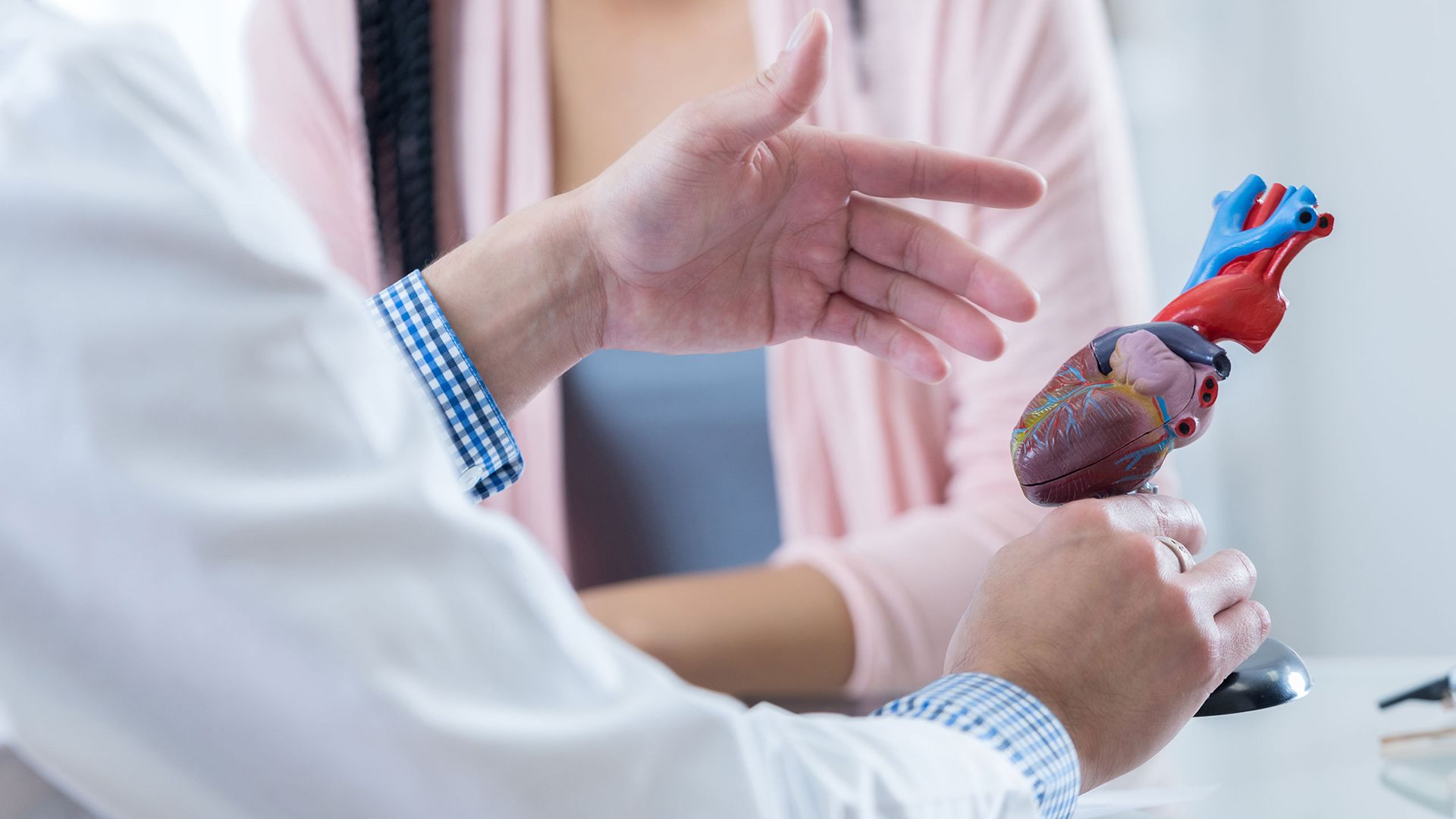
article
